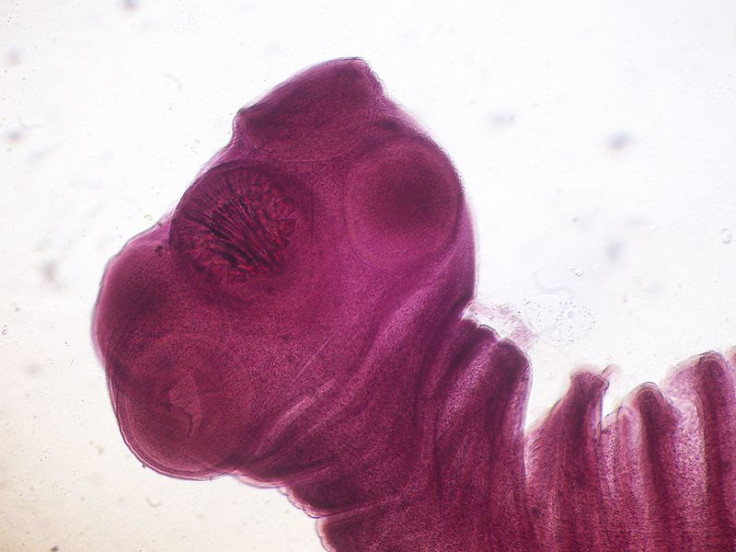Parasitic Worms May Help Combat Obesity-Related Illnesses

In terms of things that people do not want in their bodies, parasitic worms probably rank pretty high. Indeed, though drugs and modern medicine have made them a diminishing concern in many areas, they are still a leading cause for disability and death in many portions of the world. However, not all parasites are bad. In a study published in Nature Medicine, researchers found that many parasitic worms secrete a sugar-based anti-inflammatory molecule called glycan that may fight many of the disorders related to obesity.
Obesity is widely seen as one of the greatest public health concerns today. In fact, the World Health Organization says that obesity and overweight is the fifth-leading risk factor for death, outranking problems related to underweight. According to the Centers for Disease Control and Prevention reports obesity increases the risk of developing many deadly problems, like heart disease, stroke and certain forms of cancer. However, the parasitic worm can help prevent those issues.
In order to test their theory, researchers fed two groups of mice a high-fat diet, some of whom received sugar. All of the mice gained weight, but the control group suffered from related conditions like insulin resistance and high cholesterol. The mice fed the sugar did not have the same negative health effects.
These sugars excreted by mice also are seen in human fetuses and in breast milk. However, after infancy, the sugar is only excreted by a few cells, and the worms are the only external source for it. In fact, while the parasitic worms are seen as a negative, Donald Harn, one of the study co-authors, suggests that the relationship may be more symbiotic than parasitic. "Prevalence of inflammation-based diseases is extremely low in countries where people are commonly infected with worms," Harn said in a statement. "But the minute you start deworming people, it doesn't take too long for these autoimmune diseases to pop up."
That is not a suggestion for people to start infecting themselves with worms. Instead, researchers want to harness the powers of the secretions in future therapies. In fact, the sugars may not just pose a benefit to people with obesity, they may also serve as a treatment against psoriasis, an illness that causes skin redness and irritation, and to serve as an anti-rejection drug in patients who have received organs. It has even been found to reverse the symptoms of multiple sclerosis in mice.



























